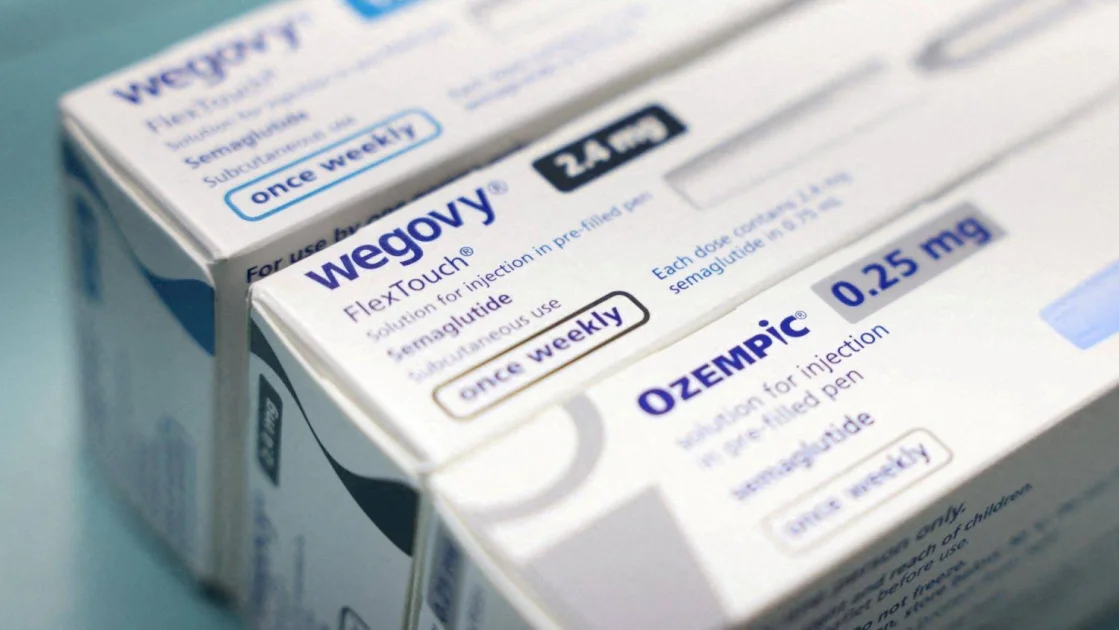
SadaNews – A large study conducted in Estonia has shown that the gut microbiome, the ecosystem of microorganisms living in the intestines, can change significantly as a result of antibiotic use, according to a new research published in the journals of the American Society for Microbiology (ASM Journals), as reported by Fox News.
Not only antibiotics, but other medications such as antidepressants and cold medications are also capable of altering the composition of bacteria in the intestines. These effects can accumulate over time and may persist for years after discontinuing these medications.
The study analyzed stool samples from 2,509 individuals and linked their microbiome data to electronic health records containing a prescription history extending up to five years. A second stool sample was also collected from a subset of 328 individuals approximately 4.4 years later.
The researchers examined the relationship between various medications and changes in the microbiome, as well as the effects of dosage and duration of use, alongside what happens when medications are started or stopped.
Among the 186 drugs tested, it was found that 167 drugs (equivalent to 89.8 percent) were associated with changes in the microbiome.
Even medications taken years before the study exhibited associations with changes in the microbiome, including antibiotics, psychiatric sedatives, antidepressants, proton pump inhibitors (PPIs), beta-blockers, and benzodiazepine derivatives, according to the findings.
For some medications, frequent or prolonged use was linked with greater disturbances in the microbiome, indicating that these effects accumulate over time.
The researchers also found that starting or stopping certain medications, particularly proton pump inhibitors, selective serotonin reuptake inhibitors (SSRIs), and some antibiotics, could lead to noticeable shifts in the microbiome.
In a comment on the study, Dr. Marc Siegel, chief medical analyst at Fox News, stated that the old adage “you are what you eat” may need updating to “you are what you take in terms of medications as well.”
Siegel added: “These findings are not surprising; the gut flora is sensitive and can easily change due to active chemicals.”
He confirmed that this could have both short-term and long-term effects on metabolic processes, which are not limited to digestive health but extend to the brain through the direct connection between the gut and the brain via the vagus nerve.
The doctor noted that this study carries important implications that should inspire more research, especially in linking changes in gut flora due to various medications with different diseases.
Study Limitations
The researchers clarified some limitations in their study, including the focus solely on prescription medications without considering the impact of over-the-counter drugs.
They also pointed out the possibility that some individuals who took antibiotics might have had other health conditions that could also affect gut health, alongside other factors such as diet and lifestyle.
Additionally, electronic health record data may be incomplete or unclear in some cases.
Finally, the study focused on analyzing stool samples only, meaning there might be microbial changes in other areas of the digestive system that were missed.
The researchers emphasized “the importance of taking into account medication history when evaluating the relationship between diseases and the microbiome,” and added: “Our findings expand the understanding of the effects of medications on the microbiome, and we urge researchers to focus on the long-term effects of medications whenever possible.”
Source link

